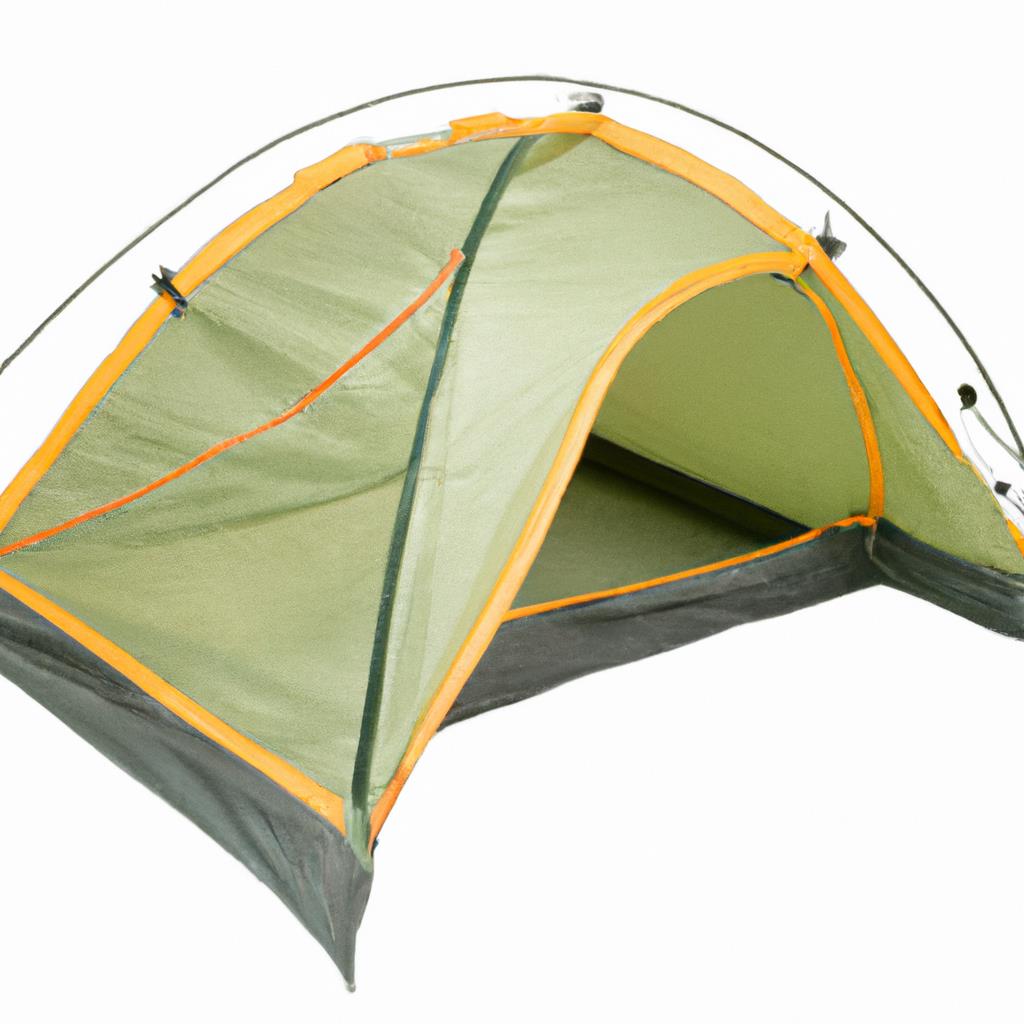Camping and backpacking are popular outdoor activities that allow people to disconnect from their daily routines and immerse themselves in nature. When it comes to backpacking trips, choosing the right gear is crucial for a successful and enjoyable experience. One essential piece of equipment is a lightweight tent that can be easily carried in a backpack.
Lightweight tents are designed to be compact and easy to carry, making them ideal for backpackers who need to trek long distances to reach their camping site. One of the key factors to consider when choosing a lightweight tent is the materials used in its construction. Lightweight tent materials play a significant role in determining the overall weight, durability, and weather resistance of the tent.
Nylon
Nylon is a commonly used material for lightweight tents due to its durability and lightweight properties. This synthetic fabric is known for its strength and resistance to tearing, making it suitable for outdoor use. Nylon tents are lightweight and packable, making them ideal for backpacking trips where every ounce matters.
One of the advantages of nylon tents is their excellent water resistance. Most nylon tents are treated with a waterproof coating that helps repel water and keep campers dry during rainy weather. Additionally, nylon tents are UV resistant, making them suitable for use in sunny conditions.
Silnylon
Silnylon is a variation of nylon that has been siliconized to improve its waterproof properties. This treatment creates a silky-smooth surface that allows water to bead off the tent, preventing leaks and keeping campers dry. Silnylon tents are lightweight and highly packable, making them a popular choice for backpackers.
One of the drawbacks of silnylon tents is their reduced breathability. While silnylon is excellent at repelling water, it can trap condensation inside the tent, leading to a damp interior. Campers may need to ventilate their tent more frequently to prevent moisture buildup.
Polyester
Polyester is another commonly used material for lightweight tents, known for its durability and resistance to stretching. Polyester tents are lightweight and easy to pack, making them a popular choice for backpackers looking for a reliable shelter.
One advantage of polyester tents is their resistance to UV rays. Polyester fabric is less prone to fading and degradation from exposure to sunlight, making it an excellent choice for camping in sunny conditions. Additionally, polyester tents are typically more affordable than nylon tents, making them a budget-friendly option for backpackers.
Cuben Fiber
Cuben fiber, also known as Dyneema Composite Fabric, is a high-tech material that offers exceptional strength and waterproofing properties. Cuben fiber tents are incredibly lightweight and packable, making them ideal for ultralight backpacking trips where weight is a primary concern.
One of the key benefits of Cuben fiber tents is their superior tear resistance. This material is incredibly strong, making it resistant to punctures and tears from sharp objects. Additionally, Cuben fiber is highly waterproof, keeping campers dry even in the wettest conditions.
Conclusion
When selecting a lightweight tent for backpacking trips, it's essential to consider the materials used in its construction. Each material has its advantages and drawbacks, so it's crucial to choose a tent that meets your specific needs and preferences. Whether you opt for a nylon, silnylon, polyester, or Cuben fiber tent, selecting a lightweight and durable material will ensure a comfortable and enjoyable camping experience.


leave a comment